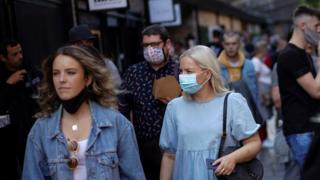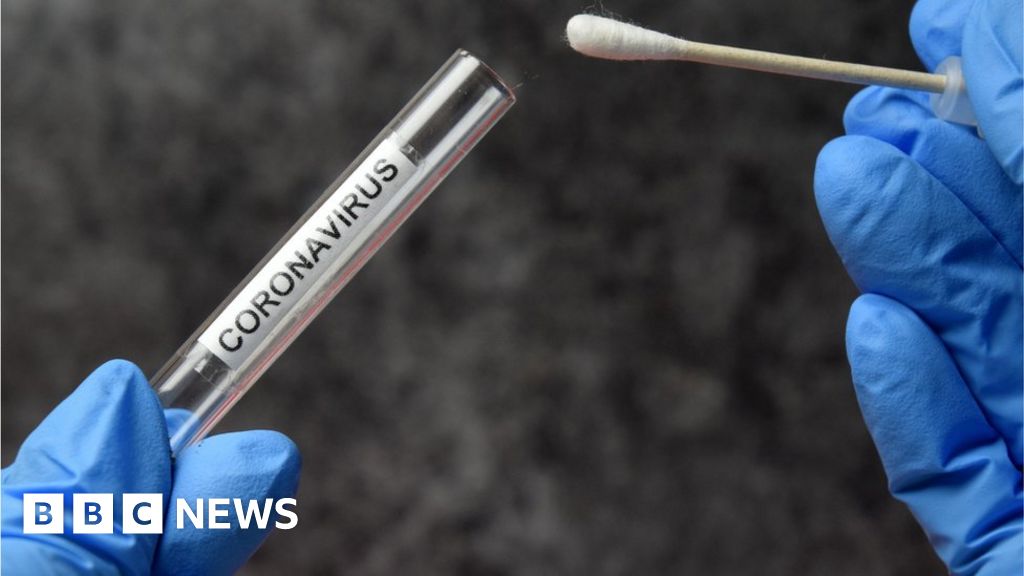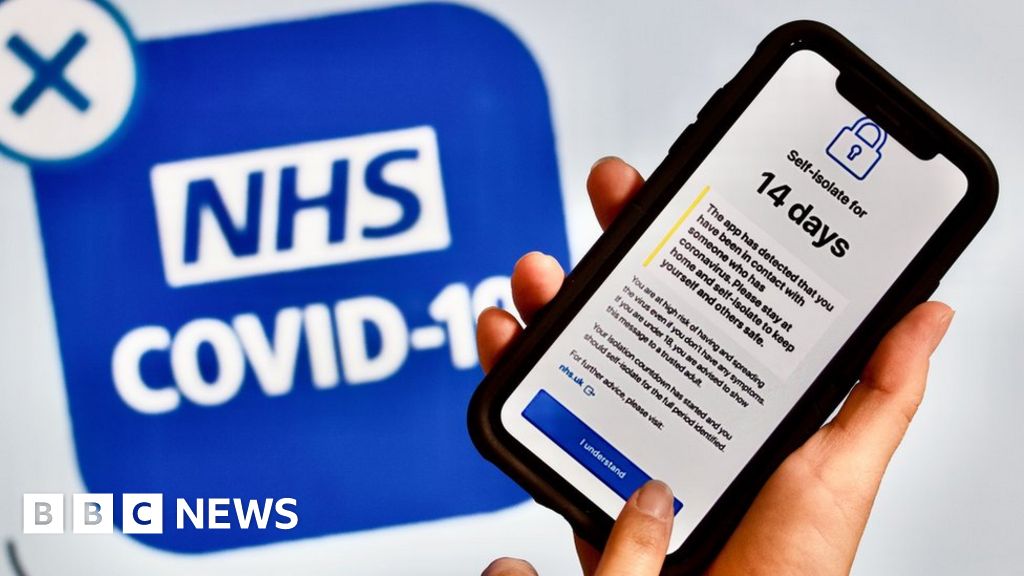 Image copyright
Reuters
Image copyright
Reuters
The UK could see 50,000 new coronavirus cases a day by mid-October without further restrictions, the government's chief scientific adviser has warned.
Sir Patrick Vallance said that "would be expected to lead to about 200 deaths per day" a month after that.
The briefing at Downing St comes as Prime Minister Boris Johnson considers whether to introduce further measures in England.
On Sunday, a further 3,899 daily cases and 18 deaths were reported in the UK.
Speaking alongside the government's chief medical adviser, Prof Chris Whitty, Sir Patrick said: "At the moment we think the epidemic is doubling roughly every seven days.
"If, and that's quite a big if, but if that continues unabated and this grows doubling every seven days... if that continued you would end up with something like 50,000 cases in the middle of October per day.
"50,000 cases per day would be expected to lead a month later, so the middle of November say, to 200-plus deaths per day.
"The challenge therefore is to make sure the doubling time does not stay at seven days."
Prof Whitty added that if cases continued to double every seven days as Sir Patrick had set out, then the UK could "quickly move from really quite small numbers to really very large numbers because of that exponential process".
"So we have, in a bad sense literally turned a corner, although only relatively recently," he said.
There are crucial differences between now and the build-up to the last lockdown in March.
First, cases are much lower and growing more slowly. Infections were doubling every three to four days before lockdown, that is currently taking around a week.
This is a problem we can see coming rather than one that requires an immediate lockdown to prevent hospitals being overwhelmed.
The government's test and trace programme is facing significant challenges, but our ability to test for the virus has been transformed.
And we have drugs - such as dexamethasone - which can save lives if people do get severely ill.
However, some of the fundamentals have not changed.
This is still a virus that spreads easily between people. The more we come together the easier it spreads. There is no vaccine yet available and very few people in the population are thought to have any immunity.
And one thing will make tacking coronavirus in the coming months much harder - winter.
As the temperature drops and we spend more time indoors it will make it easier for coronavirus to spread. At the same time other bugs with similar symptoms - including flu, colds and RSV - will spread more easily too and make it harder to identify who has Covid.
This is not a problem that can be ignored, the challenge is deciding what is the right thing to do about it.
Prof Whitty also said that even though different parts of the UK were seeing cases rising at different rates, and even though some age groups are affected more than others, the evolving situation "is all of our problem".
"What we've seen in other countries, and are now clearly seeing here, is that they're not staying just in the younger age groups, and moving up the age bands and the mortality rates will be similar to - slightly lower than they were previously - but they will be similar to what we saw previously."
He said mortality rates from Covid-19 were "significantly greater" than seasonal flu, which killed around 7,000 annually or 20,000 in a bad year.

 5 years ago
1059
5 years ago
1059 

